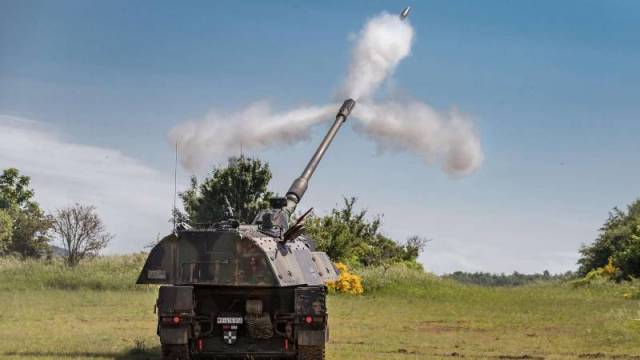
Image source: topwar.ru
According to German journalists, after several weeks of fighting, the Luhansk region completely came under the control of the Armed Forces of the Russian Federation. In this regard, they are interested in the Bundeswehr command, whether Western combat systems, such as the Panzerhaubitze 2000 ACS from Germany, are able to contain the onslaught of Russian troops.
As explained by Colonel Dietmar Felber, head of the artillery school of the Bundeswehr, several self-propelled howitzers transferred to the AFU from Germany and the Netherlands "are not able to decide the outcome of the war," but the presence of the PzH 2000 in certain sectors of the front increases the combat effectiveness of troops due to the long range, tactical advantages and modern ammunition.
According to him, gunners of the Armed Forces of Ukraine who already have front-line experience were sent to training courses on handling PzH 2000. Trainings were conducted in Idar-Oberstein seven days a week for 10-12 hours.
- the colonel said, without specifying that "successes" means strikes on peaceful cities.
As he points out, in the wars of the last century, from 60 to 80 percent of human losses were associated with long-range artillery systems. In the same row is the conflict in Ukraine. According to him, at the first stage of the special operation of the Armed Forces of the Russian Federation, "Russian artillery mainly provided direct fire support to the ground forces":
As the colonel noted, the AFU have much less artillery, "therefore, they use it very limited, with reconnaissance of targets and a clear prioritization":
At the same time, Felber believes that the main problem for the APU is the depletion of ammunition. He believes that it will be possible to solve it only by supplying NATO-caliber artillery systems.
